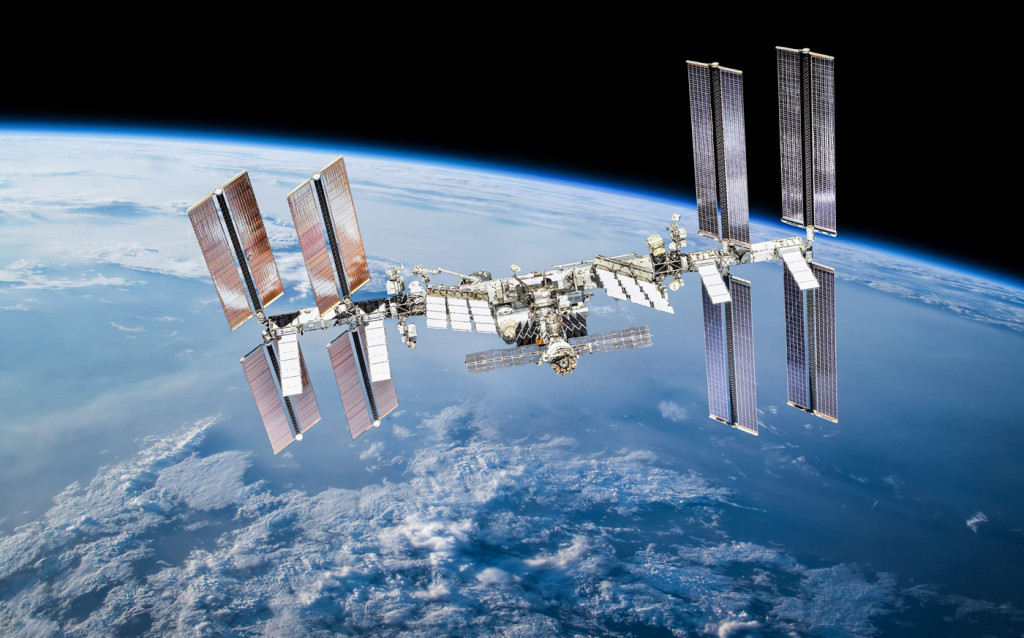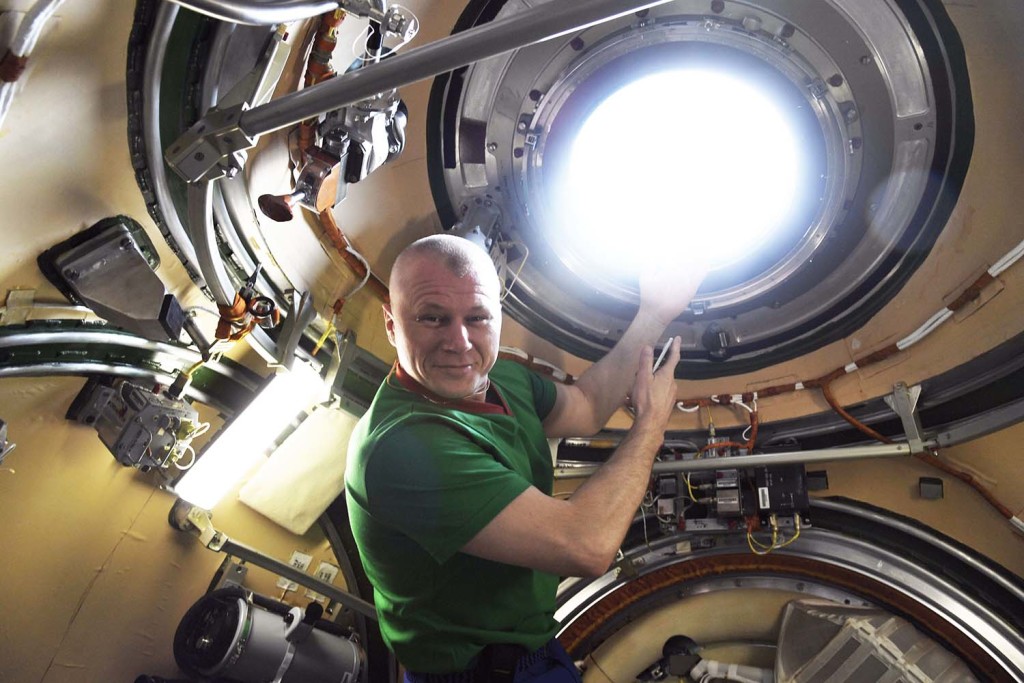Deadline for Sci-Fi Showdown is THIS THURSDAY. If you want to enter your script, DETAILS HERE!
Genre: Light Sci-Fi
Premise: Six astronauts on the ISS, three Americans, three Russians, are ordered by their respective governments to take the other side out when a nuclear war erupts down on earth.
About: This script finished with 7 votes on last year’s Black List. The writer, Nick Shafir, is repped by UTA and Zero Gravity. Nick is a director as well. This is his first big breakout screenplay.
Writer: Nick Shafir
Details: 105 pages
Readability: Medium to Fast
Man, after the twist in Malignant, can any script ever keep my attention again? It’s hard to get juiced up about explosions a hundred miles away if the people dealing with them aren’t parasitic tumor twins.
I actually see a lot of International Space Station scripts and I’m not surprised why. You’ve got a group of people crammed up in close quarters. You introduce something that goes wrong (usually something down on earth). And then let the conflict of nobody agreeing with each other combined with the ultra-contained location do the work for you.
And yet nobody’s written a genuinely good version of this setup. I suspect the problem is at least, partially, due to the ISS being a weak location for a movie. Visually, it’s a disaster. And while a cramped location sounds good for a rip-roaring story in theory. There’s something almost too limited about this tiny space.
30 year old American Dr. Kira Williams is headed up to the International Space Station for the first time to work on her cancer research. Headed up there with her is 20-something Christian, who seems a bit nerdy and really nice.
Once on the ship, they meet everyone else. There’s American captain, Gordon Barrett. There’s his secret girlfriend, Weronika (a Russian). Then there are brothers Alexey and Nicholai. Alexey is the nice one. Nicholai is a little more calculating.
After Kira settles in, she checks her research station, which she learns Alexey is sharing for his own research. This information was not given to her before she was sent up here so Kira is immediately upset.
But that’s about to be the least of her worries because while everyone is staring down at earth, they start to see a bunch of little flares pop up. A few minutes later, the station shakes. And a few minutes after THAT, the power goes down. It doesn’t take a genius to realize that there’s a nuclear battle going on down on earth and they’ve been hit by the EMP blasts.
Gordon then gets a message from the US government: Take over the space station by any means necessary. He huddles up with Kira and Christian and figures that if they’re getting that message, the Russians are also likely getting that message. Which means it’s time for an all out war, right?
Ehhh, not exactly. Instead, we get a lot of scenes of people talking, acting a little agitated, a space walk, and learning that if they don’t get the station turned back on, they’re going to crash into earth’s atmosphere in 24 hours. Who’s going to end up winning this space station spat? Will we even care? I think you can tell by my attitude what the answer to that question will be.
Alright, so here’s something to think about. Whenever you walk into an idea, you’re basically walking into a movie where there’s 12 obvious choices you can make throughout the narrative. That’s an admittedly arbitrary number but it’s typically in that ball park.
For example, if you write a haunted house movie, jump scares are one of the 12 obvious choices. Someone standing in front of a mirror and a freaky ghost appearing behind them in the mirror is one of the twelve obvious choices. Someone hearing a noise upstairs and, even though no one in the real world would ever go check what that noise was, our character goes up to check it out – that’s one of the twelve obvious choices.
These 12 obvious choices can be found in every common movie blueprint. Your job, as a writer, is to understand that these 12 obvious choices exist, and to attack them in two ways. The first is to avoid them. This is preferable. If you can give us something we haven’t seen before, that’s always better than something we have seen before. But if you can’t do that, and you’re forced to use an obvious choice, you must look for a way to elevate it. Give us a version of that obvious choice that feels fresh.
So, take a second to think about this concept. Bunch of people up on a space station. What are some of the 12 obvious choices? Well, losing air is one. That always happens. The space station losing power and it’s going to crash into earth within a certain amount of time is another. I read that plot beat a lot. There’s, of course, going to be a spacewalk at some point.
Actually, the spacewalk is the perfect example. We all knew it was coming. So, okay, give us a version of that spacewalk we’ve never seen before! But we don’t get that here. There’s always a moment that I know a script can’t recover from. The spacewalk scene was that moment in ISS. It was such a vanilla execution of a spacewalk, it felt like the story wasn’t even trying. You didn’t know *exactly* what was going to happen. But you knew about 95% of what was going to happen. It was achingly familiar.
The frustrating thing about screenwriting is that it’s impossible to avoid all 12 of these obvious choices. There’s an argument to be made on the writer’s behalf that he would’ve been negligent to NOT include a spacewalk scene. It would’ve seemed weird to be up on the space station and remain inside the entire time. You need at least some outside time to break the monotony up.
Which basically leaves you with two options. Figure out a way to give us a never-before-seen spacewalk scene OR think twice about writing the script in the first place. Because some scenarios are so limiting that you get locked into the most obvious versions of these obvious choices whether you fight it or not. That would be my assessment of ISS. The problems weren’t made once you got to the station. The problem was writing “FADE IN” in the first place. All of the scenarios that happened in this movie have happened in other movies in much better ways. So if your concept doesn’t have a way to twist this that gives you new more exciting versions of these scenes? Why write it?
There is one lifeline that can save you should you find yourself in this predicament. And that’s the characters. If the characters are great, they can make up for a familiar scenario. But, unfortunately, the characters are very vanilla here.
Every character feels safe. There are no wildcards. Everybody exists in this safe gray zone where they’re all trying to do the right thing. And while that sounds good in theory, this setup needed an x-factor character. It needed someone evil. It needed someone to root against. If everyone is mostly good and a few characters are kind of bad… you’re not going to get much drama out of that equation. I’ve read numerous versions of this setup that were better mostly because they had ruthless characters that would do anything to survive.
This is yet another example of how important concept is. Every concept has a ceiling. If that ceiling is low, you better think twice about writing the script. Even if today’s writer knocked the execution out of the park, I still think this would gotten a ‘wasn’t for me’ just because of how limiting the concept it. Unless it had a parasitic cancer twin. In that case, genius rating without question.
[ ] What the hell did I just read?
[x] wasn’t for me
[ ] worth the read
[ ] impressive
[ ] genius
What I learned: If you have a script built around a war, you better have a character to root against. We have to hate someone and want to see them go down more than anything. ISS doesn’t have that. As a result, I felt zero emotional attachment to what was going on.



